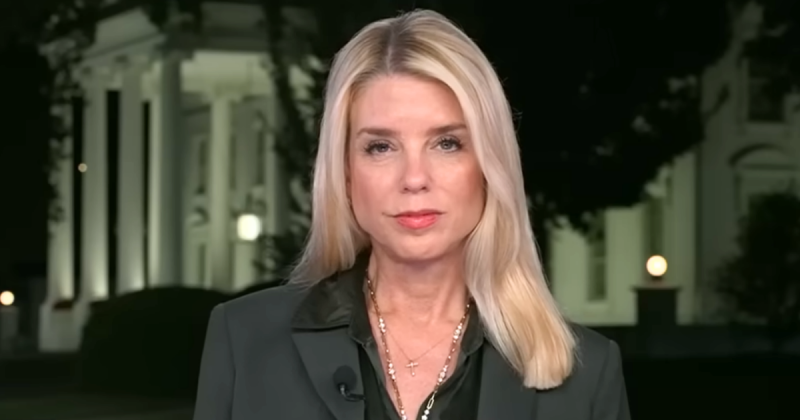The Department of Justice (DOJ) is investigating whether senior leaders of the Black Lives Matter Global Network Foundation (BLM) mismanaged or misappropriated donations collected during the 2020 protests following George Floyd’s death.
Federal prosecutors are examining whether contributions totaling more than $90 million were improperly used, raising concerns about potential donor fraud.
The inquiry is being conducted by the U.S. Attorney’s Office for the Central District of California in Los Angeles, according to the Associated Press.
Authorities have issued subpoenas and executed at least one search warrant as part of the probe, which seeks to determine whether BLM leadership or associated organizations diverted charitable funds for unauthorized purposes.
Although the investigation has gained renewed attention under the Trump DOJ, reports indicate that it originated during the Biden administration.
Investigators are also examining other black-led advocacy organizations that rose to prominence during the 2020 nationwide protests, suggesting broader scrutiny of nonprofit financial practices in the wake of the demonstrations.
This focus highlights the federal government’s growing interest in nonprofit accountability, particularly for organizations that mobilized large-scale support during times of national crisis.
BLM leaders have previously faced questions about the use of donations.
In 2022, co-founder Patrisse Cullors reportedly purchased multiple high-end properties, including a 10,000-square-foot Toronto residence formerly associated with the Canadian Communist Party, a luxury condominium in the Bahamas and a $6 million mansion in Los Angeles.
Critics argue that such acquisitions may have been funded with donations intended for charitable initiatives rather than personal enrichment, according to RedState.
These revelations fueled concerns about the lack of transparency in large activist organizations and the potential for donor funds to be redirected for personal benefit.
Financial experts emphasize that donations must be managed transparently and in accordance with donor expectations.
Misrepresentation or misuse of charitable contributions constitutes fraud and allegations suggesting that funds were diverted to real estate acquisitions could expose BLM leadership to both legal and reputational consequences.
Oversight and accountability are central to maintaining public trust, especially for nonprofits with significant financial inflows and social influence.
The Black Lives Matter Global Network Foundation has responded, asserting to AP that it “is not a target of any federal criminal investigation” and reaffirming its commitment to transparency and accountability.
The organization also reported $28 million in assets for the fiscal year ending June 2024, reflecting its ongoing financial disclosures.
The DOJ’s involvement underscores the federal government’s interest in protecting donors and ensuring proper stewardship of charitable resources.
Observers note that even the existence of a federal probe can intensify scrutiny of nonprofit operations and place renewed pressure on organizational leadership to demonstrate compliance with legal and ethical standards.
Concerns about financial oversight in large nonprofits have grown since the 2020 protests generated a surge in contributions.
Critics maintain that rapid fundraising and high-profile activism may have exposed weaknesses in BLM’s internal financial controls, prompting questions about accountability and proper reporting to donors.
As the DOJ investigation continues, donors, watchdog organizations and the public are monitoring developments closely.
With millions of dollars and significant social impact at stake, the handling of donated funds by BLM leadership remains under a microscope, reinforcing the importance of transparency and trust in nonprofit governance.
Experts warn that mismanagement in high-profile nonprofit organizations can erode confidence in charitable giving more broadly, demonstrating that accountability is not only a legal requirement but also a moral and social imperative.

